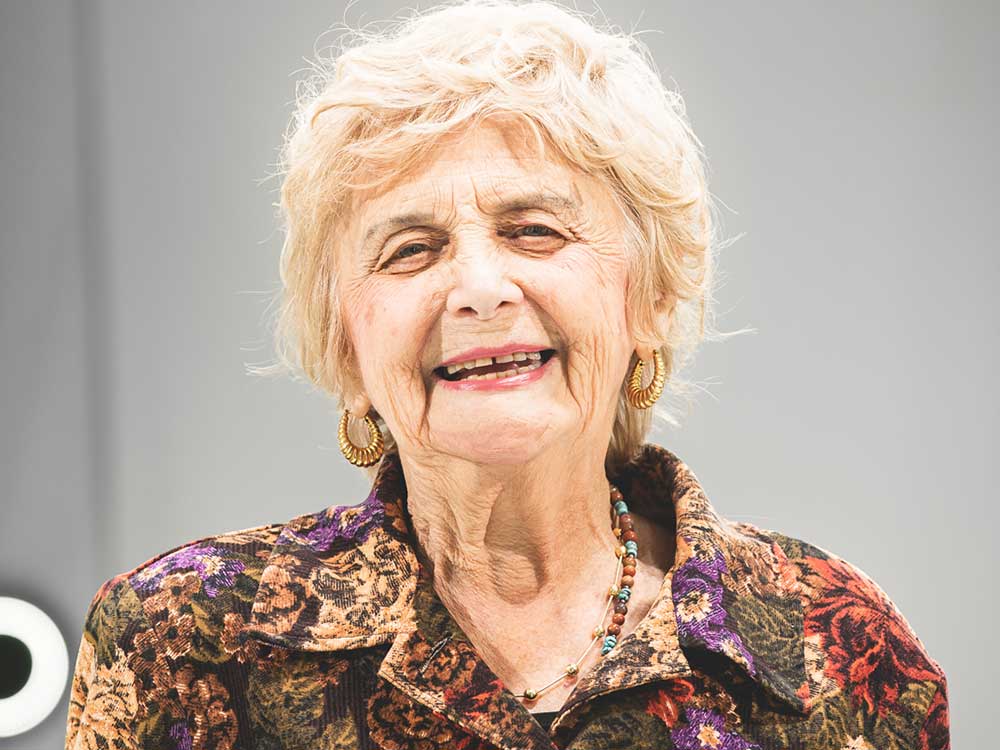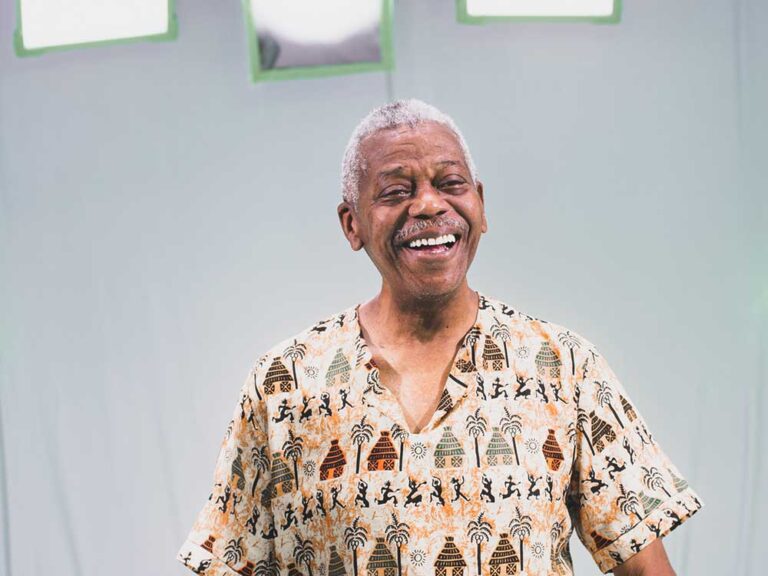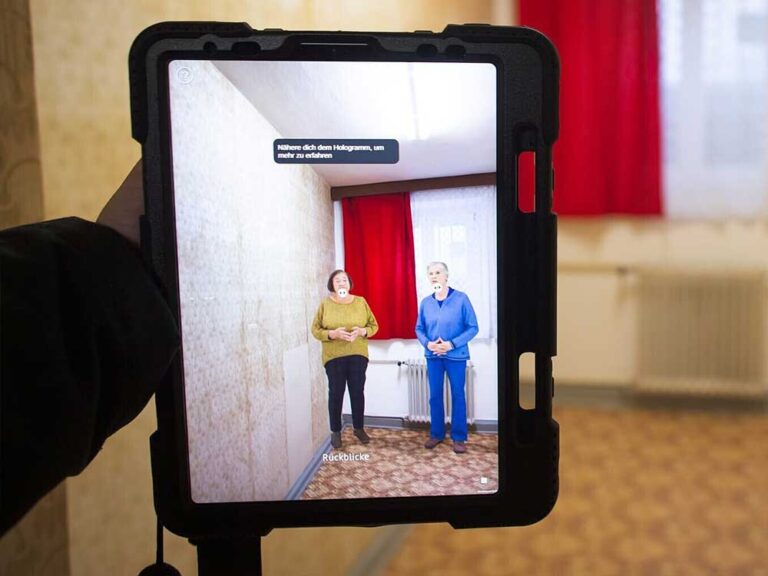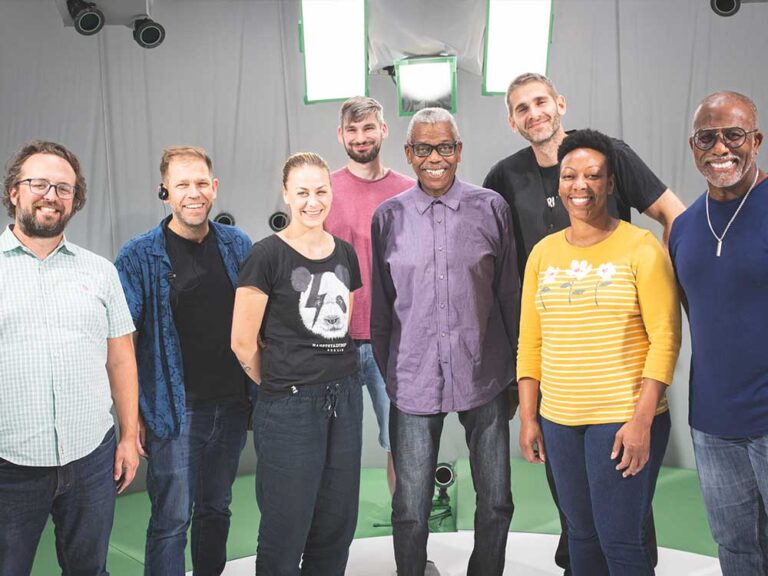A Childhood Stolen, A Voice That Endures
Tova was only five years old when she entered Auschwitz. She remembers the fear of the dogs, the smell of the crematoria, and the silence she was forced to keep in order to survive. Her survival, as she says herself, was nothing but luck.
She lost her childhood, her family, and millions of others — but she never lost her voice.
Before they killed people physically, they killed them psychologically. They killed the children and the elderly and left the parents alive, only because they needed slave labor. And why? Because we were Jewish. That’s it.
Tova Friedman
A Family Torn Apart: Auschwitz and Dachau
Tova’s childhood was marked by constant fear and separation. Born in 1938 in Gdynia, Poland, her family was forced into the Tomaszów Mazowiecki ghetto, where thousands of Jews were crammed into just a few buildings under horrific conditions. Hunger, shootings, and deportations reduced the population day by day.
Later, the family was moved to Starachowice, where her parents were forced to work in an ammunition factory. When the Nazis began deporting children, Tova’s father hid her in a crawlspace above the ceiling to save her life. But by the time she was five years old, tragedy struck again: her father was deported to the Dachau concentration camp, while she and her mother were sent to Auschwitz-Birkenau.
This separation marked one of the most painful moments of her young life. She recalls her father’s final words before they were torn apart: “Be a good girl.” He was transported to Dachau, a place infamous for brutal forced labor, starvation, and death. Tova and her mother were sent to Auschwitz, where extermination awaited most who entered.
Although she would endure unimaginable horrors in Auschwitz, the shadow of Dachau remained part of her story. It symbolized not only the destruction of her family but also the fate of countless fathers, brothers, and sons who were enslaved and killed in camps across Nazi-occupied Europe.
Auschwitz
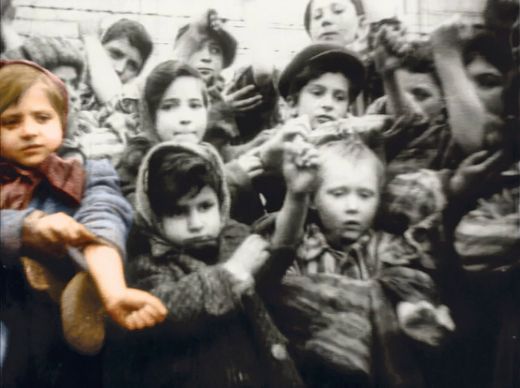
When she was just five years old, Tova was deported to Auschwitz. She recalls the barking dogs, the SS officers in black boots, the smell of burning bodies, and the terror of being forced to stand still, invisible. She lost her hair, her clothes, her identity — reduced to a number tattooed on her arm. “Every Jewish child goes to the gas chamber. That’s what I thought. I didn’t know who Jewish was. But if you were Jewish, you had to die.”
Her survival, she insists, was not because she was stronger, richer, or special. “My survival is luck. Nothing more. If I was special, what happened to the million and a half children? They were all special. But they are gone.”
In Auschwitz, her greatest fear was not the guns — it was starvation. She remembers receiving a tiny piece of bread wrapped in paper that said “Happy sixth birthday”. It was the most precious gift she ever received, proof her mother was still alive. But before she could eat it, rats devoured it. “Somebody once asked me if God was in Auschwitz. I don’t know. But he looked like bread.”
When liberation finally came in January 1945, Tova was still only a little girl. But her words today are not only memories — they are warnings: “The worst thing in the world is when you die and nobody knows you ever existed. That’s why I remember. And when I am no longer here, you are going to be my memory now.”
Why Her Testimony Matters
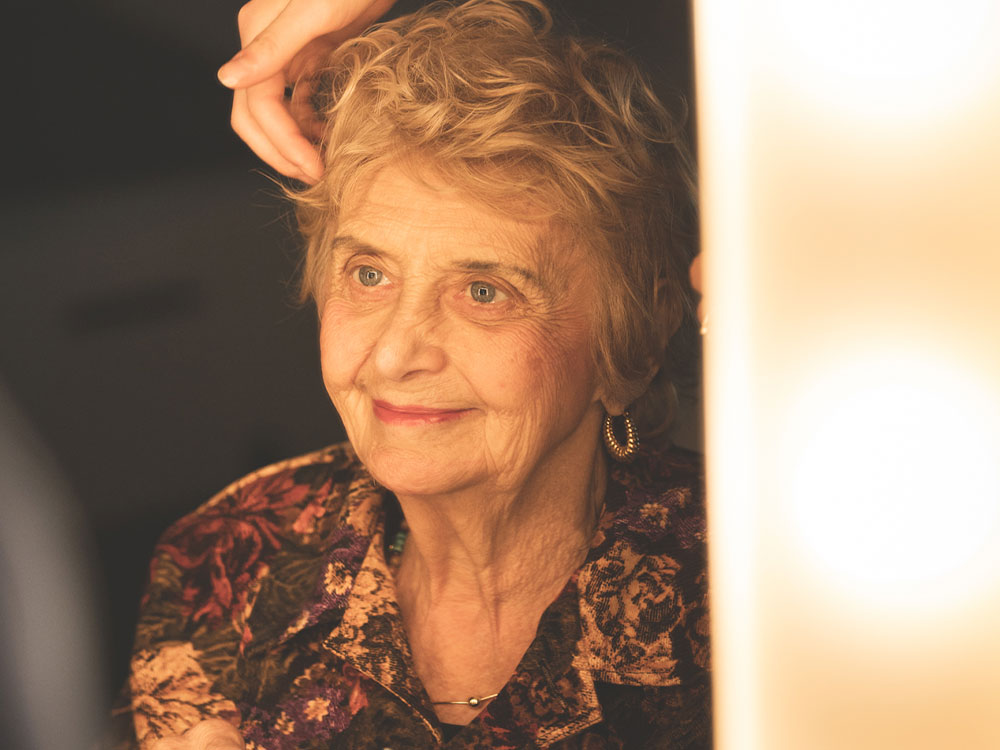
For decades, Tova has spoken about what she endured, carrying the plea she once heard:
“Remember us.”
Her message is timeless:
- “The worst thing in the world is when you die and nobody knows you ever existed.”
- “I’m counting on you. You are going to be my memory now.”
Her story is not only about the past — it is a warning, a lesson, and a responsibility for the future.
Auschwitz Witness, Captured in Volumetric 3D
To ensure that Tova’s voice and presence will never fade, we recorded her using state-of-the-art volumetric video technology.
Unlike traditional film, volumetric capture preserves not just her words, but her expressions, gestures, and presence — allowing future generations to stand face-to-face with her testimony in virtual and augmented reality.
This is not just history.
It is a living archive — a chance for students, educators, and communities worldwide to experience Tova’s story as if she were in the room with them.
Why It Matters Today
Soon, there will be no living Holocaust survivors left to speak in person.
By capturing Tova in 3D, we ensure her memory, her warnings, and her humanity remain impossible to forget.
“Don’t expect somebody else to make peace for you and give you a good life.
It’s your responsibility to make this earth a little bit better than you found it.” – Tova
Keep Memory Alive
By supporting this project, you join Tova’s mission:
to remember, to educate, and to ensure the voices of Auschwitz survivors live on — through the most human form technology can provide.
